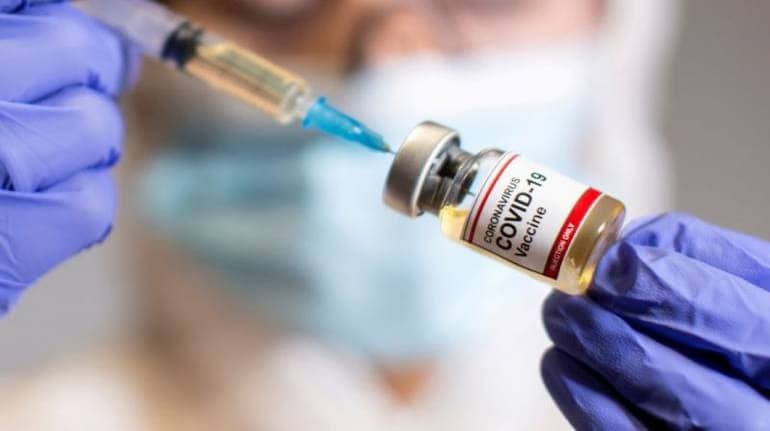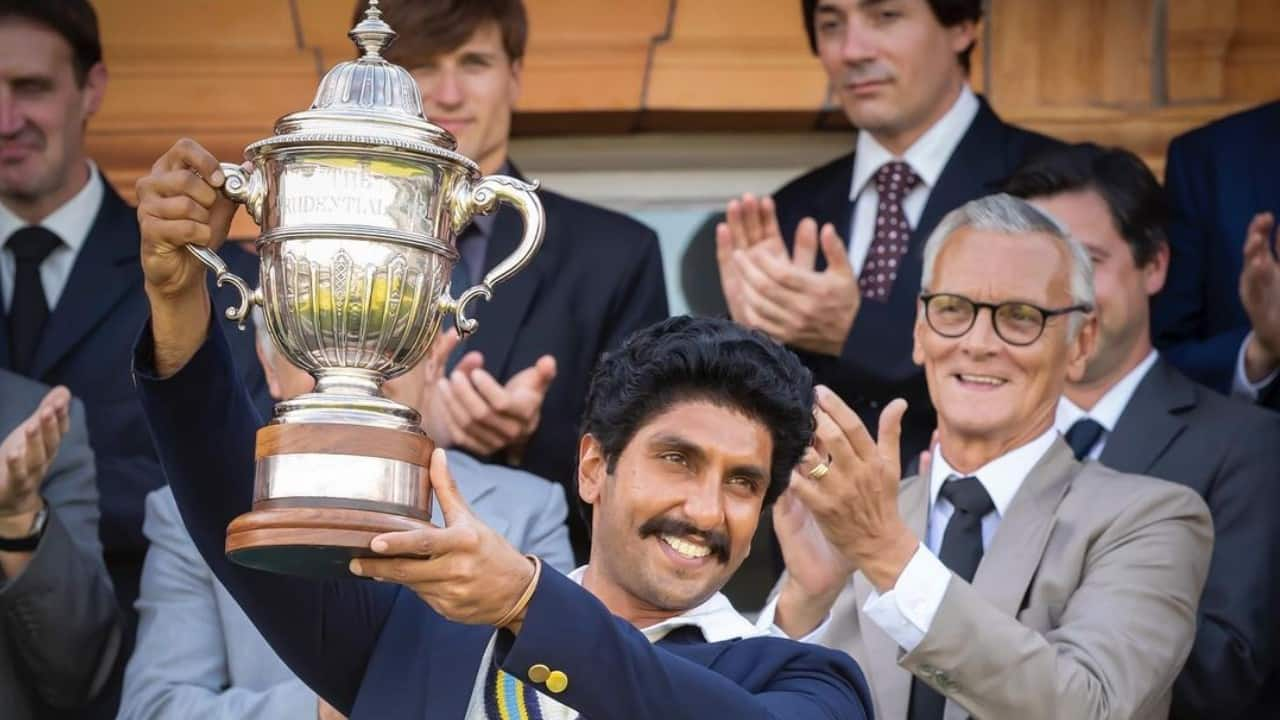Three US firms currently engaged with domestic companies for mass production of COVID-19 vaccines: Commerce Ministry
The ministry added that COVID-19 has led to increased trade and cooperation between India and the US.
PTI
December 30, 2020 / 08:43 PM IST
Three US-based companies are currently engaged with their Indian counterparts for mass production of COVID-19 vaccines in India, the commerce ministry said on Wednesday.
The ministry added that COVID-19 has led to increased trade and cooperation between India and the US.
"Three USA companies are currently engaged with their Indian counterparts for mass production of COVID-19 vaccines in India," it said without giving more details.
It also said the proposed free trade agreement between India and Mauritius is near finalisation as negotiations for trade in goods and services have been completed.
Follow our LIVE blog for latest updates of the novel coronavirus pandemic
In a free trade agreement, two trading partners cut or eliminate duties on majority of goods traded between them.
"India-Mauritius Comprehensive Economic Cooperation and Partnership Agreement (CECPA) negotiations for trade in goods and trade in services, have been completed. The agreement is near finalisation," it said while listing major highlights of the Department of Commerce during 2020.
India exports petroleum products, pharmaceuticals, cereals, cotton and electrical machinery, apparel and clothing accessories to Mauritius.
The island nation's exports to India include iron and steel, pearls, precious/semi-precious stones and optical, photographic and precision instruments.
Follow our full coverage of the coronavirus pandemic here.











_2020091018165303jzv.jpg)


























